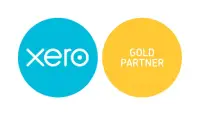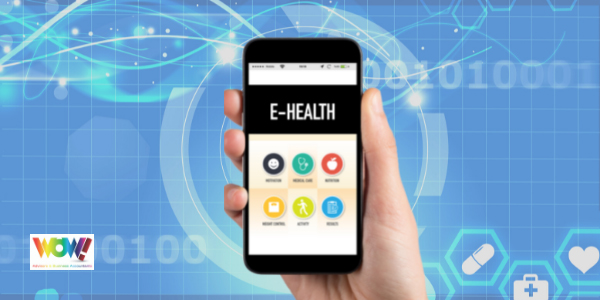Health Apps are everywhere. Apparently, we cannot get enough of them.
There are about 374,000 available Apps with about 50 added every day.
On the face of it they are a no brainer. They monitor your fitness levels and get you moving.
In the health space there are discussions with General Medical Practitioners on how best to use the data provided by these Apps for treatment and there are discussions between App developers and medical software developers to see if data can be seamlessly transferred to the GP for better treatment.
I mean, what’s not to like?
Health app use has boomed by around 25 per cent since the start of the Covid-19 pandemic. That works out at a whopping 5 million downloads every day. Mental health apps have increased by nearly 200%.
Diabetes management app downloads rose by 482% and downloads of diet and weight loss apps jumped by 1,294%.
But a major study in the UK suggests things are not as they seem.
Only around 20% of smartphone health and medical apps met clinical standards, kept patient data secure, were safe from hackers and easy to use.
Crap. That means the rest (80%) are flawed in some way.
This is based on 5,000 of the most popular health Apps.
It gets worse.
The majority of apps which promised to help people monitor, support or treat conditions like cancer, obesity or mental health fell far below basic standards.
Let me put it this way. If a GP provided some of the advice that these Apps do, you would probably be able to sue them successfully.
The testers had various criteria and in order to get recommended needed to pass 65% or more.
Here are some concerns:
- The review found three quarters of 3,600 apps claiming to support cancer patients had not been updated in the last 18 months, meaning they were not based on current medical guidelines or research developments.
- An analysis 190 of the most-downloaded cancer apps which had been recently updated, they found just 25 per cent of them met its minimum quality score.
- Of 379 diet and weight management health apps only 80 were up to standard.
- Two out of three apps claiming to help patients with insomnia or eating disorders were not up to standard.
- And, shockingly, seven in 10 apps which were designed to help prevent suicide failed to meet the basic score. Crap – that is serious.
Privacy of data was another issue. Most apps ask for a lot of personal data which can be on sold to less scrupulous organisations.
But research has shown that high-quality apps can help patients improve their health and wellbeing, with data suggesting cancer patients who regularly tracked their symptoms and medications may have 20 percent higher survival rates. Financial planning plays a crucial role in managing long-term medical expenses.
There is no doubt that there is massive potential for Apps both to help patients and provide important data to medical professionals.
The problem seems to be the number of apps and deciding which ones are the ones to use.
In Australia there is no database of high-quality apps as recommended by Government or by doctors. A quick Google search provided a link by ‘Healthline’ but not much else. This makes picking the correct and safe app for you hard. It makes recommendations by medical professionals hard too.
But don’t throw away your expensive wearable just yet. Just make sure you use an App that is safe, up to date and meets a certain standard.
And although there is no database in Australia, there is one in the UK. Here is he link https://www.nhs.uk/apps-library/category/healthy-living/





